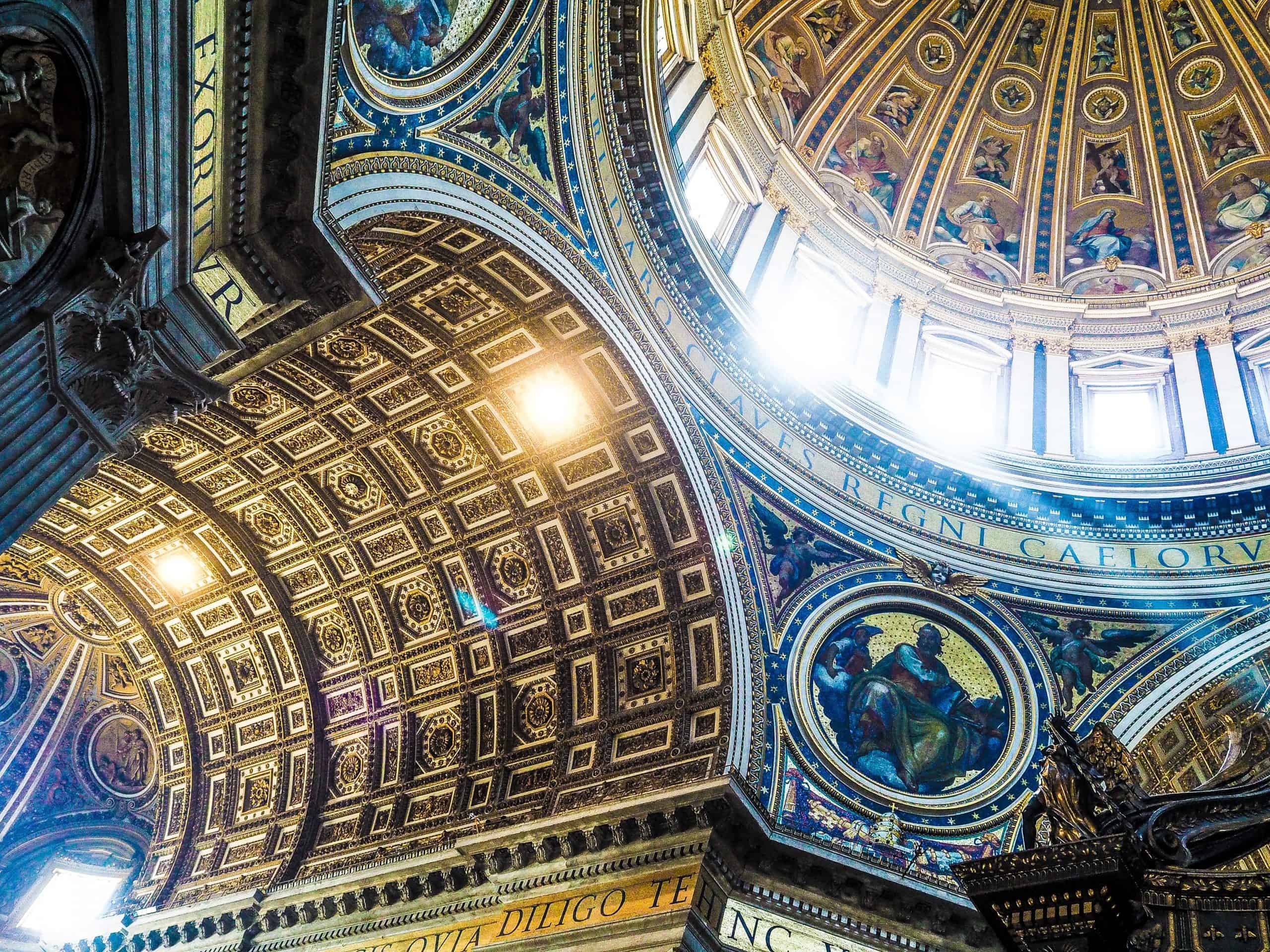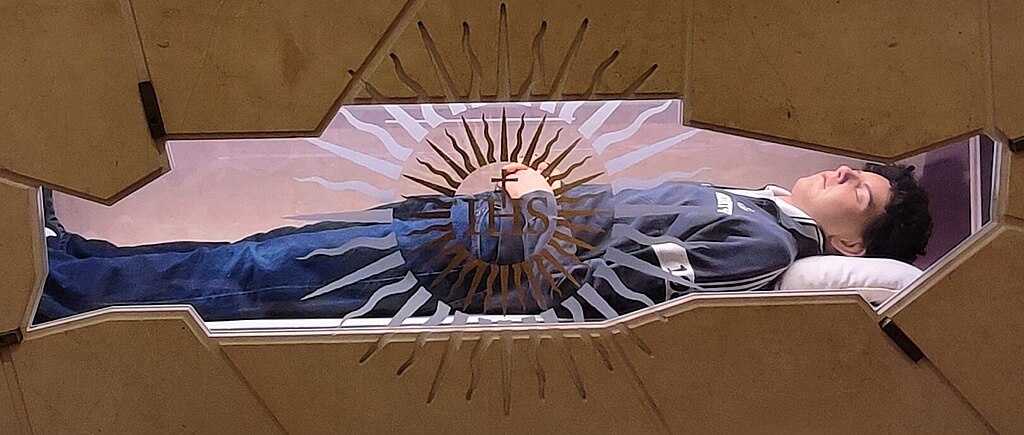It is one of the greatest examples of social and communal mercy in the Old Testament. The people were to learn mercy by giving mercy.
The Jubilee Year remains a moment of reconciliation and mercy. Rather than being freed from physical bondage or released from monetary debts, God wants to deliver us from what truly ties us down: sin and death. He did so on the Cross, but he calls us to participate in this through the sacraments and acts of mercy and charity. There is a special indulgence given during this Jubilee Year, which Pope Francis says “allows us to discover how limitless God’s mercy is.”
How do I receive the Jubilee indulgence?
The Vatican has announced that this Jubilee indulgence will be given to those pilgrims who, repentant of their sins, make a pilgrimage to any sacred Jubilee site: to at least one of the Major Papal Basilicas of Rome or to the Holy Land. On pilgrimage at these places, the pilgrim should spend time in prayer, at least the Our Father, a Profession of Faith, and a Marian prayer. There are other places of pilgrimage and other ways to receive the indulgence, too–you can find out more here.
Pilgrims should also receive Holy Communion and the Sacrament of Reconciliation, pray for the intentions of the Holy Father, and be detached from sin.
What is an “Indulgence”?
The Catechism of the Catholic Church explains, “An indulgence is a remission before God of the temporal punishment due to sins whose guilt has already been forgiven, which the faithful Christian who is duly disposed gains under certain prescribed conditions through the action of the Church which, as the minister of redemption, dispenses and applies with authority the treasury of the satisfactions of Christ and the saints.” (Paragraph 1471)
Let’s explain. Our sins have effects– some of these effects may be eternal (if we die in the state of unforgiven mortal sin, we merit hell) and some effects are temporal. After all, even the “smallest” venial sins change us (they draw us away from God, make us less like Christ) and affect those around us. Even after we go to the Sacrament of Reconciliation and are forgiven our sins and freed from the eternal punishment we deserve, we still have to atone for our sins. We need to be purified of those temporal punishments, the unhealthy attachments and ways we’ve hurt ourselves, others, and God. This purification can be done in Purgatory, but it can also be done here on earth: by offering up our sufferings and by becoming more like Christ in acts of charity and prayer.
What an indulgence is NOT
To be clear, an indulgence is not: permission to commit a sin, something you pay for, a “get out of jail free card,” or a way to earn God’s love (which isn’t earned, but is freely given). Rather, indulgences are graces given through the Church as she opens “the treasury of the merits of Christ and the saints.” The Church encourages us to do works of devotion, penance, and charity. For example, there are indulgences attached to spending time in mental prayer, praying the Stations of the Cross, or, the corporal and spiritual works of mercy.
Some indulgences are partial (removing part of the temporal punishment due to sin) and some are plenary (removing all of the temporal punishment due to sin). An indulgence can also be applied to a loved one who is in purgatory.
Interested in going on pilgrimage to Rome for the Jubilee? Join us! You can find more information here.





